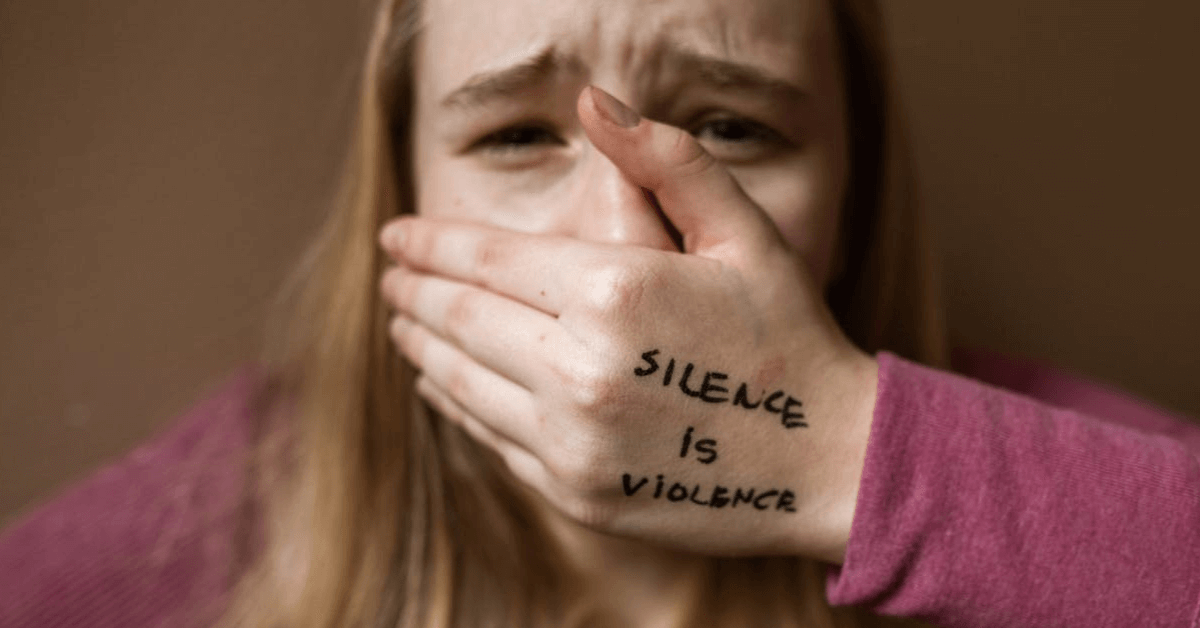In Australia, the definition of domestic violence extends beyond physical harm to include a variety of behaviours, such as verbal and emotional abuse.
Verbal abuse, a prevalent form of emotional abuse, involves using words to intimidate, control, or harm an individual, often leaving deep psychological scars.
It’s crucial to understand that verbal abuse constitutes a form of domestic violence.
Since June 2025, the law recognises verbal and emotional abuse as potentially falling under family violence, especially if it affects a party’s contributions or future needs in property matters.
🔑 Key Takeaway: Verbal abuse is a recognised form of domestic violence and can significantly impact victims’ mental health and well-being.
Understanding Verbal Abuse
Verbal abuse is more than just an occasional argument; it is a consistent pattern of behaviour designed to control or demean the victim.
This can include name-calling, belittling, threats, and other forms of harmful language. Unlike physical abuse, the indicators of verbal abuse are often less apparent, yet they can be equally harmful.
🔑 Key Takeaway: Recognising verbal abuse is essential, as it often lacks physical evidence but has a significant emotional impact.
The Deep-Rooted Impact of Verbal Abuse
Whilst often overshadowed by physical abuse, verbal abuse can leave a lasting and profound effect on an individual’s psychological health
This form of abuse, characterised by demeaning language, threats, and manipulative remarks, can lead to various long-term psychological consequences
Psychological Effects
- Anxiety and Depression: Victims of verbal abuse may constantly feel threatened leading to heightened anxiety. This persistent state of stress can evolve into depression, a sense of hopelessness, and feeling trapped.
- Low Self-Esteem: Regular exposure to belittling and critical comments can erode a person’s self-esteem. Victims might start believing the negative remarks made by the abuser, leading to a diminished sense of self-worth.
- Suicidal Thoughts: In severe cases, the relentless nature of verbal abuse can lead individuals to experience suicidal thoughts. This is often a result of feeling worthless, hopeless, and unable to see a way out of their situation.
Also read: Domestic Violence Penalties: 5 Important Factors
Impact on Daily Life
- Relationships: Verbal abuse can strain or even destroy personal relationships. Victims might withdraw from friends and family due to feelings of shame or fear of judgment. They may also struggle to form new relationships due to a lack of trust or fear of further abuse.
- Work Performance: The effects of verbal abuse can extend into the workplace, causing concentration difficulties, reduced productivity, and a lack of motivation. In some instances, it can lead to absenteeism or complete withdrawal from work.
- Overall Well-being: The cumulative impact of verbal abuse can significantly affect a person’s overall well-being. Victims may experience chronic stress, leading to physical health issues and potentially harmful coping mechanisms.
🔑 Key Takeaway: The consequences of verbal abuse are far-reaching, affecting mental health and quality of life.
Legal Perspectives on Verbal Abuse
In the context of Australian family law, verbal abuse is recognised as a form of domestic violence.
Victims have legal options for protection, such as Domestic Violence Orders (DVOs), providing safety and underscoring the seriousness of verbal abuse in the eyes of the law.
If you or someone you know is experiencing verbal abuse, it’s important to seek help.
This can include talking to trusted friends or family, consulting with professionals like counsellors or lawyers, and in cases of immediate danger, contacting the police.
Remember, verbal abuse is unacceptable, and support is available.
🔑 Key Takeaway: Help is available for those experiencing verbal abuse, and reaching out is a critical first step.
Conclusion
Verbal abuse is a serious form of domestic violence with significant legal and psychological implications.
Understanding, recognising, and addressing verbal abuse is crucial for the well-being of individuals and the overall health of our society.
It’s important to seek psychological support and to consider legal advice to understand your rights and the protections offered by the law.
If you’re facing verbal abuse, remember that you are not alone, and help is available. This includes professional legal assistance to guide you through your options for safety and legal recourse.
Director of Melbourne Family Lawyers, Hayder manages the practice and oversees the running of all of the files in the practice. Hayder has an astute eye for case strategy and running particularly complex matters in the family law system.






One Response